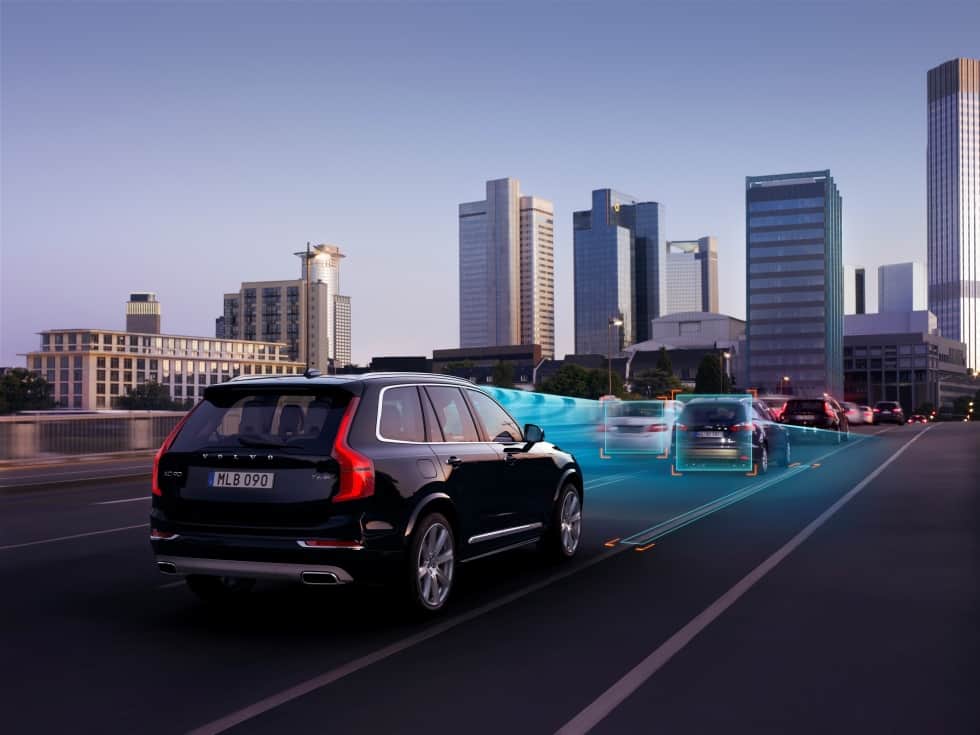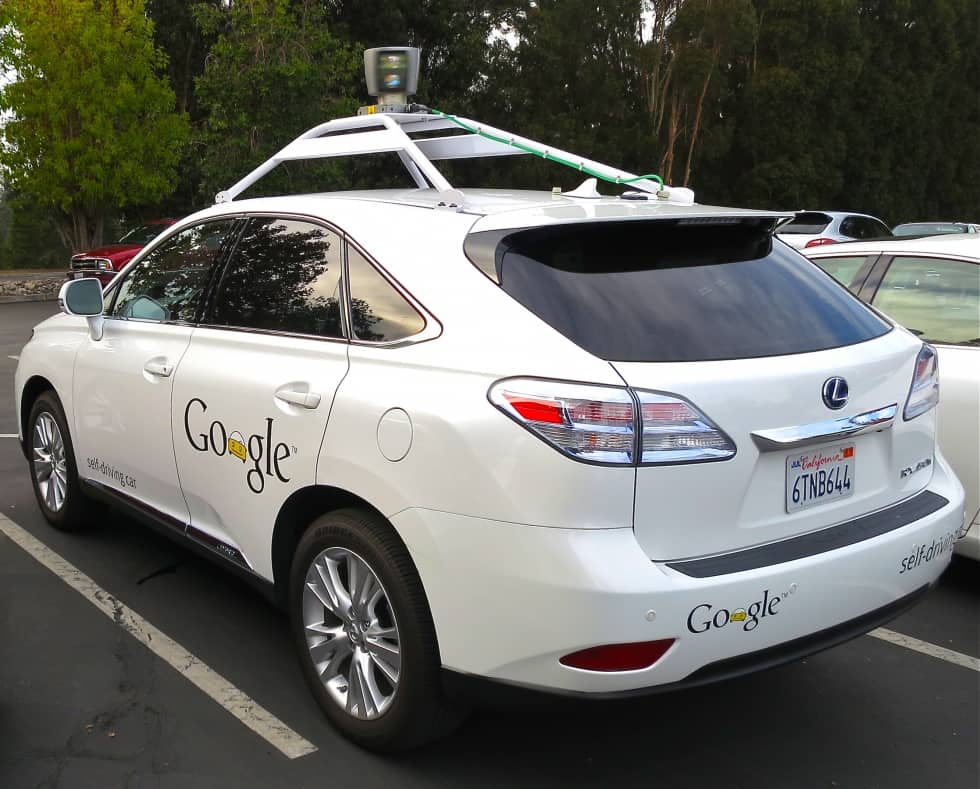There are times when those of us in the engineering community get to see new developments marching inexorably over the horizon. It starts with odd reports in trade journals about imagined future developments of nascent technology. Such things become talked about and speculation starts. Then ragged prototypes with the air of barely understood wizardry followed by initially disappointing first products and refinements until that first idea is finally – fully - realised.

The example that springs most clearly to mind for me is the whole telecommunications thing. As for the more exciting stuff; flying cars, robotic housemaids (the gender assignment being an indicator of just how long these promises have been around) and so on. Well, these remain hinted at but are still in real terms no closer to reality.
By comparison, the idea of a wrist watch that allows you to talk to someone across the planet is now here, and as a bonus it actually does an awful lot more as well. Something that was common place in the far future set science fiction of the 70’s and 80’s, then hinted at with the start of the electronics boom, is a reality.
We now seem to be on the cusp of the widespread application of yet another long-promised technological leap. After many years of ever more sophisticated (yet still “controlled environment” bound) prototypes, there has been a sudden leap forward with various trials now taking place in the real world. It would appear we are about to enter the age of the autonomous car.
Technology should not seek solutions by merely removing us from the loop – instead it should enhance our experience.
There have been a few articles in the wider media but I wonder how many people outside of our profession realise the great advances that have been recently made? Given that one of the biggest stories to hit the headlines revolved around a Google car crashing into a bus, if anything, they are probably even more convinced that this is just a mad boffin’s rabid fantasy. Make no mistake though, it is fast approaching.

I have to say that this is not a development I relish. I understand the reasoning behind the statements that our roads will become safer, but I cannot get excited. Firstly, I don’t know if I’d trust it. I remember being told, whilst learning to drive, that there are two ways to escape an accident – either slow down or speed up. I wonder if this is even an option with the self driving car? It would certainly make for an interesting law suit should a crash be unavoidable and the car actually sped up just before impact.
For me though, to remove the pleasure of driving, the thrill of control and skill, would be to lose a little of the value in life. Think of it as the automotive equivalent of the slow food movement. Safety can be improved in various ways, this way panders to the lazy. Technology should not seek solutions by merely removing us from the loop – instead it should enhance our experience.





Swiss geoengineering start-up targets methane removal
No mention whatsoever about the effect of increased methane levels/iron chloride in the ocean on the pH and chemical properties of the ocean - are we...